I have MySQL setup in a PC on my local network, how do I connect to it?
I also have MySQL installed on this computer (which I want to use to connect to the database).
I tried the following but it's not working:
mysql -u user -h 192.168.1.28:3306 -p password
ERROR 2005 (HY000): Unknown MySQL server host '192.168.1.28:3306' (0)
EDIT
Thanks for your help. Anyway, I connect without 3306 and I have another problem. MACBOOK is the name of my client computer.
mysql -u user -ppassword -h 192.168.1.28
ERROR 1045 (28000): Access denied for user 'user'@'MACBOOK' (using password: YES)
Thanks.


